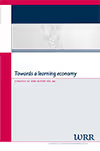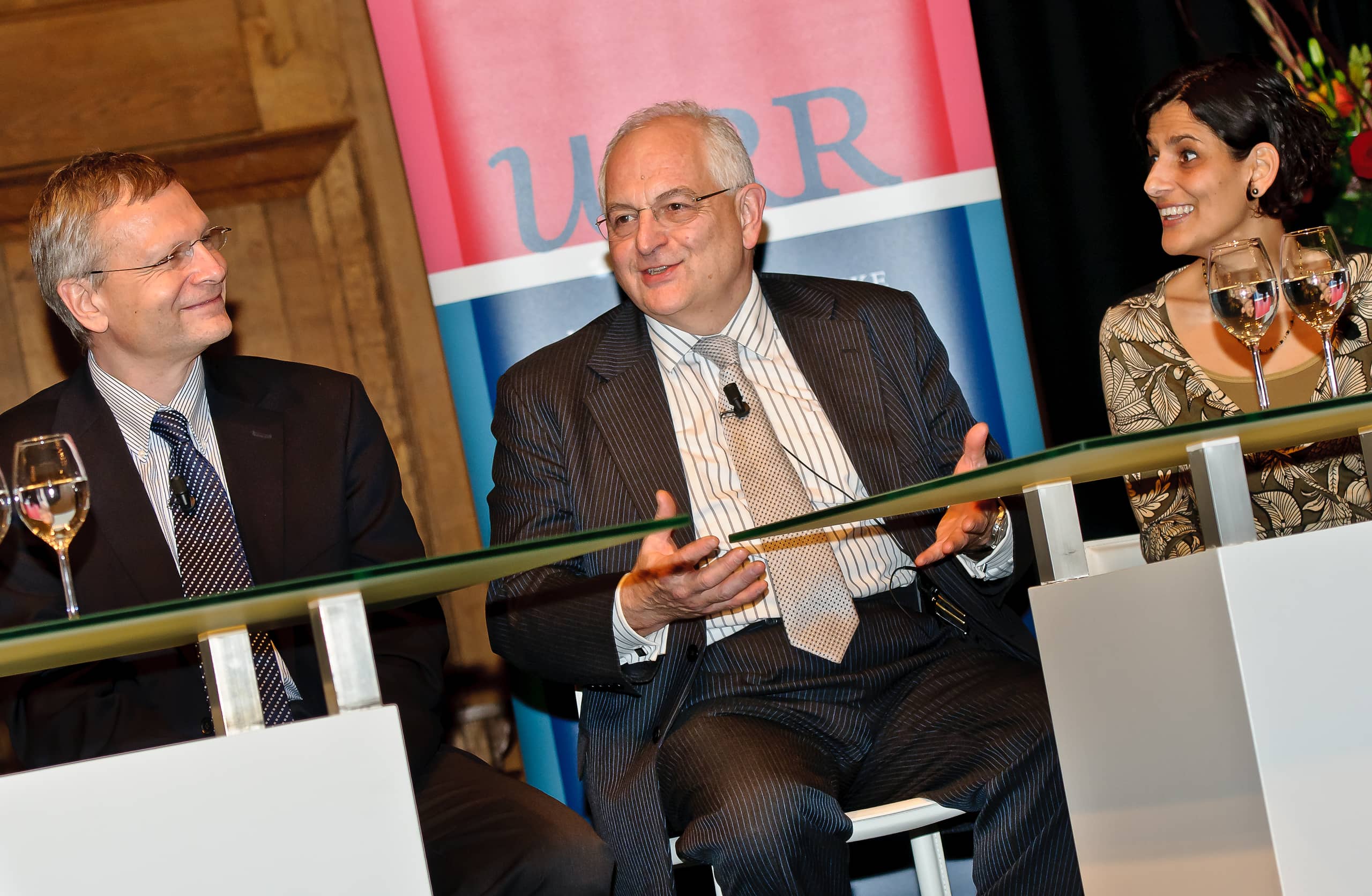What do the rapid shifts that are taking place in global economic power relations signify for the Netherlands? To what extent will the Netherlands be able to pursue its own individual economic policy?
The balance of power in the global economy is shifting towards the emerging markets; new players are emerging, and more and more goods and services are produced in processes that span national borders. In terms of size, China is today the world’s second largest economy, and countries such as India and Brazil are also developing rapidly. This has implications both for economic sectors and markets and for international organisations and institutions. On top of this, the financial crisis made crystal clear just how interwoven national economies are with each other. Small, medium-sized and large countries are highly dependent on each other, and that constrains their ability to influence and regulate their own economies. This begs the question of how much scope the Netherlands has – and wishes to have – to pursue its own policy in this turbulent economic arena.
Active role
Inspired by success stories from Asia and Latin America, many Western countries are (once again) asking themselves whether and how the government could play a more active role in strengthening the economy and ensuring it remains innovative. France has a tradition of industrial policy; the United Kingdom is currently developing new policy; and a law was passed in the United States in 2010 requiring the government to stimulate the manufacturing sector. The EU is also working towards the completion of an action plan for industrial policy by the end of 2010. And Japan has developed its own plan as a response to the policy in the US and the EU.
Continually adapt
How can prosperity be assured in the Netherlands in the future? The Council studied this and also drew inspiration from other countries. The Council concludes that the Dutch economy will have to continually adapt to new global conditions and will need to respond to new opportunities. The Netherlands can no longer set itself apart through monetary policy, which is made in Frankfurt, nor by pursuing its own fiscal policy, which is increasingly created in Brussels. What the Netherlands can do is invest in good education, good people and resilient institutions.
Publication
The Council published its research findings and recommendations in the report Naar een lerende economie (‘Towards a learning economy’), which was presented to Dutch Prime Minister Mark Rutte on for November 2013.

Image: © WRR
It is high time for a strategy designed to increase the Netherlands’ earning capacity, the WRR concludes in its report. A central feature of such a strategy would be to make better use of existing knowledge. Knowledge circulation will bolster a learning economy.
News
Government reaction to WRR report ‘Towards a learning economy’
WRR report is a ‘powerful warning not to rest on our laurels’.
Read moreThe Netherlands’ earning capacity
The WRR presented its latest report, Towards a learning economy. Investing in the earning capacity of the Netherlands (Naar een ...
Read more
Lecture 2011: Pursuing national policies in a globalized world in crisis
The central focus of the WRR Lecture 2011, which took place on 1 December 2011, was how national interests can be pursued in a ...
Read more